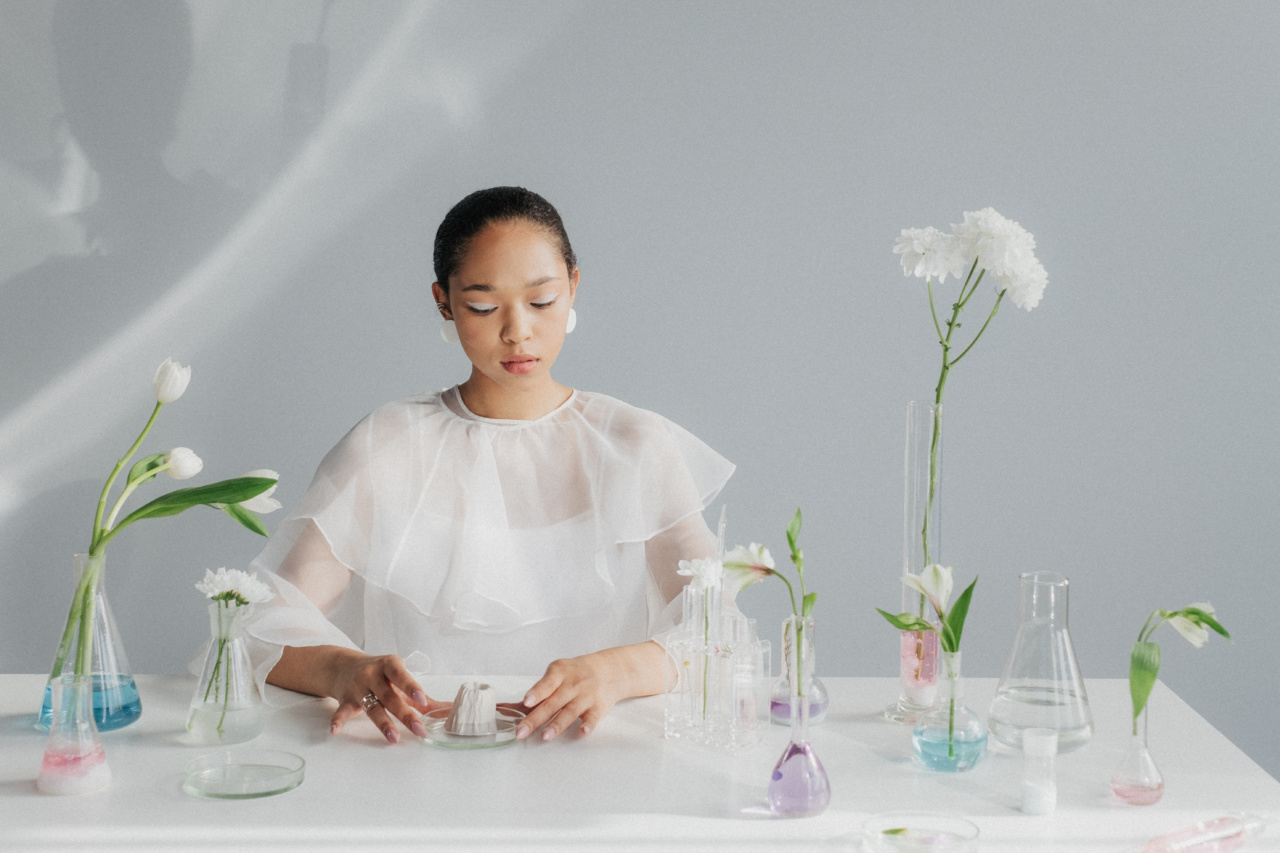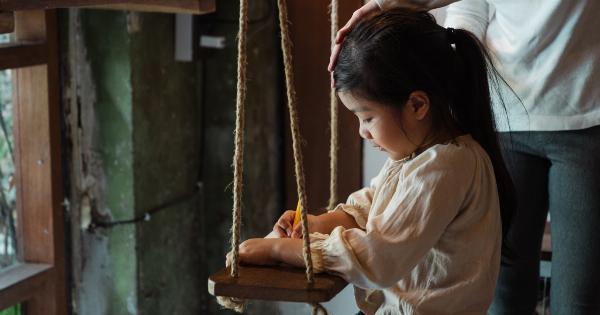Hair is an essential part of our appearance. It can impact how we feel about ourselves and play a crucial role in our self-confidence. As we age, our hair changes, and we start to notice differences in texture, thickness, and color.
These changes are natural and occur due to a combination of genetic and environmental factors. In this article, we will explore the science behind hair aging and provide tips on how to combat it.
Understanding the Hair Growth Cycle
Before discussing hair aging, it’s essential to understand the hair growth cycle. The hair growth cycle has three stages: anagen, catagen, and telogen. During the anagen phase, the hair follicle is active, and the hair grows.
This phase lasts between two to six years and determines the length of our hair. Once the anagen phase ends, the hair enters the catagen phase, where growth stops, and the hair follicle shrinks. This phase lasts between two to three weeks. Finally, the hair enters the telogen phase, where it rests.
This phase lasts between three to four months, and after this, the hair falls out, and the cycle starts again.
Causes of Hair Aging
Hair aging occurs as we get older, and the hair growth cycle slows down. There are several factors that contribute to hair aging and include:.
Genetics
Genetics plays a significant role in hair aging. If your parents experienced early hair loss, there’s a high chance you may experience the same.
Genetics determines the thickness and texture of our hair, and as we age, our genetics can cause hair to thin and become brittle.
Hormones
Hormones also play a crucial role in hair aging. As we age, our hormone levels change, specifically levels of testosterone and estrogen.
Lower levels of estrogen can cause hair to become dry and brittle, while higher levels of testosterone can cause hair loss.
Environmental Factors
Environmental factors such as sun exposure, pollution, and harsh hair products can damage hair and cause it to age faster. Sun exposure can bleach hair and cause it to become dry, while pollution can strip hair of its natural oils.
Harsh hair products contain chemicals that can damage hair and cause breakage.
How to Combat Hair Aging
While hair aging is a natural process, several steps can be taken to combat it. Some of the steps include:.
Eating a Healthy Diet
Eating a healthy diet rich in vitamins and minerals can help combat hair aging. Foods such as fish, nuts, and leafy green vegetables are rich in omega-3 fatty acids, biotin, and vitamins A and C, which promote healthy hair growth.
Using Gentle Hair Products
Using gentle hair products that don’t contain harsh chemicals can help prevent hair aging. Products that contain natural ingredients such as coconut oil or aloe vera can nourish and protect hair.
Protecting Hair From the Sun
Protecting hair from the sun can prevent hair aging. Wearing a hat or using a protective hair product with SPF can protect hair from sun damage and prevent it from becoming dry and brittle.
Stress Reduction
Reducing stress levels can help combat hair aging. Stress can cause hair to fall out and contribute to hair thinning. Engaging in stress-reducing activities such as yoga or meditation can promote relaxation and healthy hair growth.
Conclusion
In conclusion, hair aging is a natural process that occurs as we get older. While there’s no way to stop hair aging, steps can be taken to combat it.
Eating a healthy diet, using gentle hair products, protecting hair from the sun, and reducing stress levels are all effective ways to maintain healthy hair and prevent hair aging. By following these tips, we can ensure that our hair looks its best, no matter our age.






























